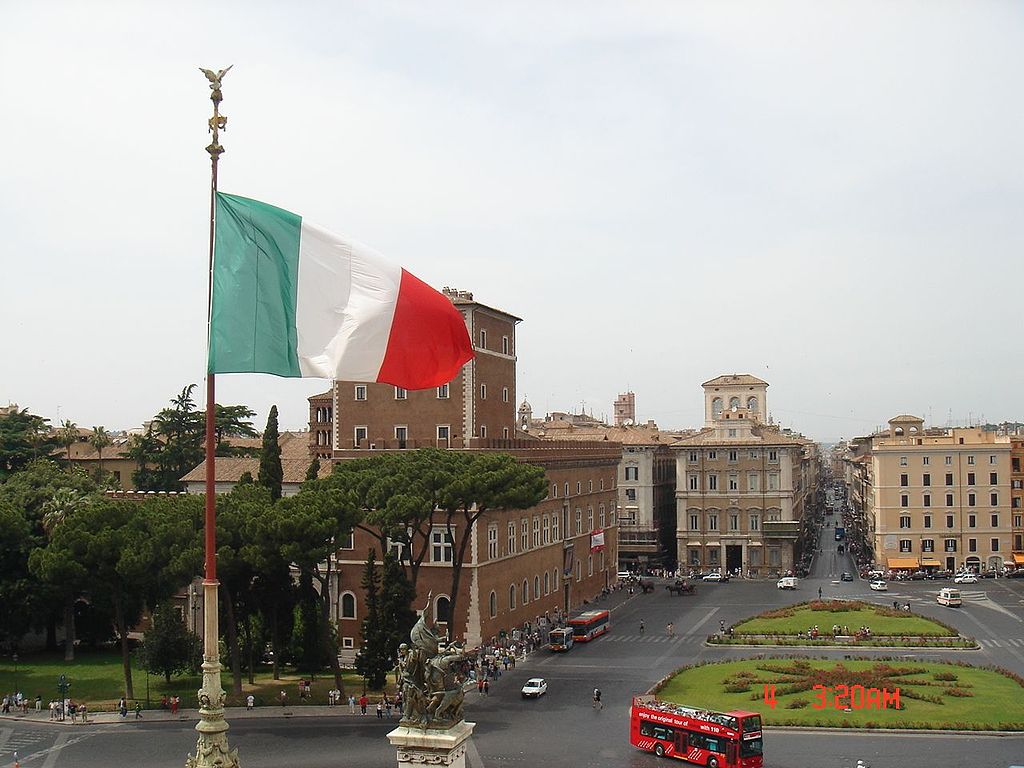Italy has announced plans to reduce the number of slots found in cafes, bars, hotels and newsagents by 30%.
According to the Prime Minister Matteo Renzi, this was an attempt of the administration to lower gambling’s impact on youth and other vulnerable segments of Italian society. Renzi also revealed that there were measures in development, whose objective was to remove slots from shops and tobacconists.
The statement by the PM was followed up by Pier Paolo Baretta, the country’s economic undersecretary too. Baretta said that the government wanted to introduce reorganisation that will be in line with social demand. As a result, it was decided that the number of machines that offer amusement with prizes should be decreased by one third.
It was explained by the economic undersecretary that the slots that are most likely to be removed are ones located around “sensitive places” such as churches, schools and so on. Baretta pointed out that the main objective was to come up with a better regulatory framework.
Not many people took these statements too seriously, since slots cuts would lead to million-euro losses in tax revenue. However, Baretta highlighted that the expected loss was provided by the law of stability in 2016 and therefore it wouldn’t come with consequences for the budget.
Additionally, in his statement he claimed that there wouldn’t be new gaming halls approved and stated that the goal of the government was to reduce overall supply. Also, Baretta mentioned that the plan wouldn’t proceed before an agreement was reached with regional administrators.
Italy has four brick and mortar casinos on its territory. Their generated revenue for the first eight months of the year reached €230 million and slots accounted for 61% of the earnings.



